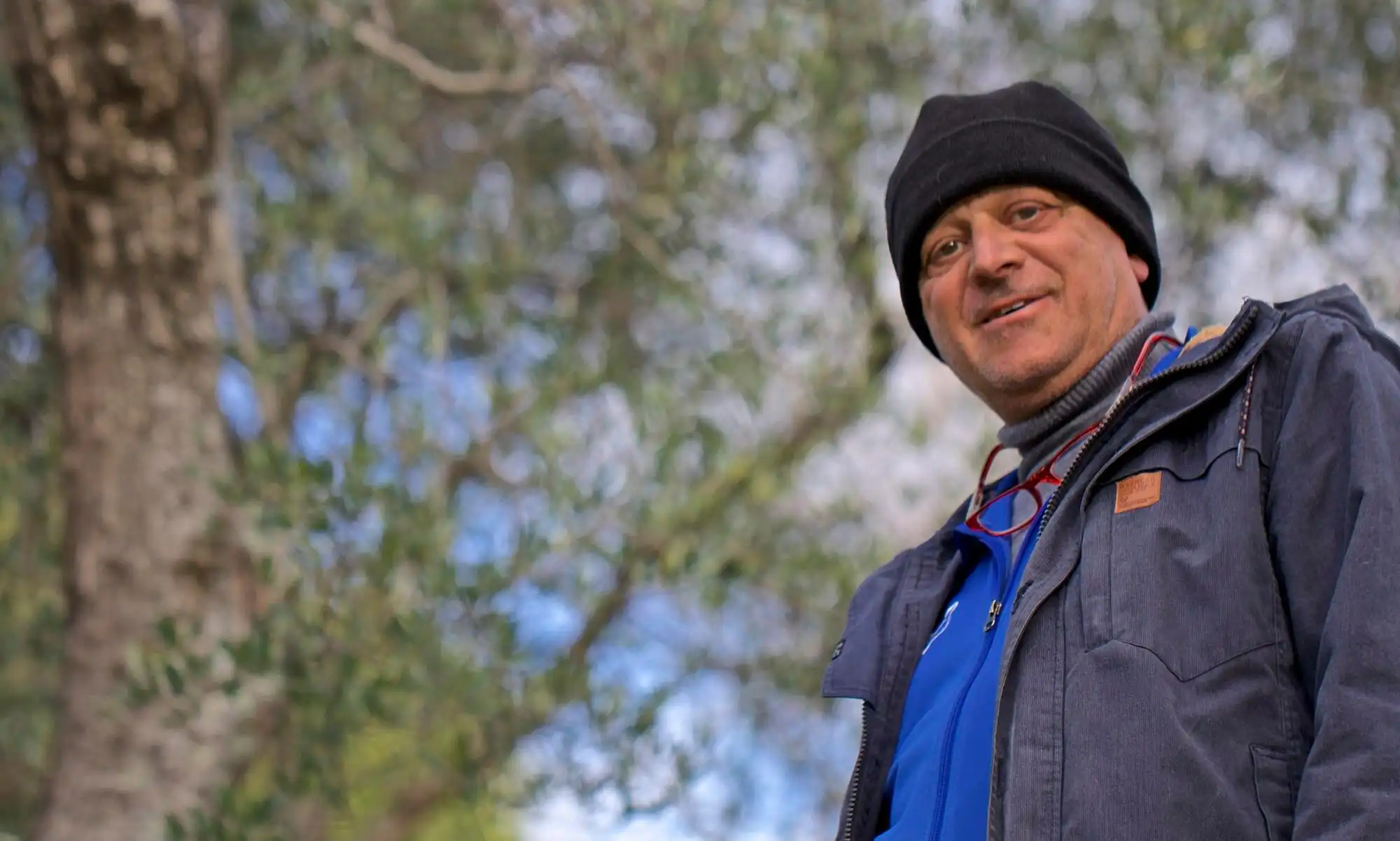

Idaho has experienced a 53% surge in overdose deaths since 2013, creating urgent demand for accessible support in communities across Boise, Pocatello, Meridian, and Idaho Falls. This data highlights the urgent need for accessible and affordable addiction counseling options in Idaho.
Financial barriers often delay care, but affordable addiction counseling options, ranging from Idaho Medicaid coverage and state-funded programs to sliding-scale fees, ensure treatment remains within reach. In this guide, you’ll discover how Idaho Medicaid supports counseling, explore state-funded and sliding-scale opportunities, and compare outpatient modalities.
Affordable addiction treatment in Idaho combines government-supported funding with flexible payment models to reduce out-of-pocket costs and expand access to clinical care. By leveraging Idaho Medicaid’s Healthy Connections program, state grants, sliding-scale scales, and nonprofit partnerships, individuals can secure counseling, medication-assisted treatment (MAT), and detox services without financial strain. These coordinated funding streams let clients focus on recovery rather than billable hours.
Idaho Medicaid covers a comprehensive spectrum of substance use disorder services by reimbursing approved providers for treatment interventions and medication.
Idaho Medicaid’s coverage reduces or eliminates co-payments, letting you start detox or counseling at no cost. Verifying coverage early secures appointment availability, which leads into understanding other state funding options.

State agencies and community clinics offer additional financial assistance when Medicaid isn’t applicable or during waiting periods. Below is a comparison of primary state-funded resources:
Verifying coverage secures your path to treatment without unexpected expenses. Follow these steps:
Completing these steps eliminates surprises and sets the stage for choosing the right outpatient counseling model.
Outpatient addiction counseling enables you to live at home while attending structured therapy sessions, combining clinical support with everyday obligations. Whether you need a high-intensity schedule or weekly check-ins, Idaho providers tailor programs for individual recovery goals and budgets.
Intensive outpatient (IOP) and partial hospitalization (PHP) deliver concentrated therapy without residential stays:
Choosing IOP offers flexible evenings, while PHP provides a hospital-level environment for stabilization—both reduce lodging costs and connect you with peer support.
General outpatient counseling involves weekly individual and group sessions focused on relapse prevention, coping strategies, and behavioral therapies such as CBT and DBT. Licensed clinicians guide you through personalized treatment plans, adjusting frequency and duration based on progress. This model typically carries lower fees than IOP or PHP and leverages community referrals for comprehensive support.
Outpatient programs deliver key advantages:
These benefits enhance long-term success, leading naturally to considering virtual therapy as an alternative when travel or scheduling pose challenges.
Freedom Recovery Idaho integrates trauma-informed, dual diagnosis, family therapy, and 12-step programming into its continuum of care to address individual needs and build lasting resilience.
Freedom Recovery Idaho offers specialized addiction counseling programs, including trauma-informed care, family therapy, and 12-step facilitation. The facility is CARF accredited and accepts Medicaid and most major private health plans.
Trauma-informed care recognizes how past experiences shape substance use by fostering safety, choice, and empowerment. Clinicians use therapies such as:
By emphasizing trust and collaboration, trauma-informed methods enhance engagement and pave the way for co-occurring disorder treatment.
Family therapy involves loved ones in the healing process, using systemic approaches to rebuild communication, set healthy boundaries, and strengthen support networks. Evidence shows that engaging family members improves retention rates, reduces relapse triggers, and fosters long-term recovery success.
Freedom Recovery incorporates 12-step facilitation by guiding clients through the program’s structured steps, promoting accountability and peer mentorship. Regular meetings and sponsor relationships extend support beyond the clinic, reinforcing sobriety through community belonging.

Local access to counseling services ensures proximity to treatment and community resources. Idaho’s cities each host a range of affordable options, from government clinics to private providers offering sliding-scale fees.
Boise residents can access outpatient clinics, community mental health centers, and university-affiliated programs. Sliding-scale counseling, peer-led support groups, and state-funded vouchers help limit costs to as little as $20 per session while connecting clients with on-site MAT services.
Pocatello features comprehensive outpatient and intensive programs—such as those at Freedom Recovery Idaho—offering trauma-informed counseling, MAT, and group therapy under Idaho Medicaid at no or minimal cost. This hub also provides insurance verification assistance to streamline enrollment.
Meridian and Idaho Falls combine local clinics, nonprofit centers, and telehealth providers to deliver affordable counseling. Sliding-scale individual therapy, free peer support groups, and online MAT all contribute to a robust low-cost treatment ecosystem.
Beginning recovery involves selecting a provider, verifying coverage, and completing an admissions assessment to match services to your needs. A clear roadmap reduces uncertainty and accelerates your path to care.
The admissions journey at Freedom Recovery Idaho follows three straightforward steps:
Prospective clients can contact the admissions team directly at Freedom Recovery to schedule an intake and begin receiving support.
When evaluating options, inquire about:

Learn strategies to help you or a loved one break free from Xanax addiction.

Understand what happens at a detox center. Learn how detox supports safe withdrawal, provides emotional support, and prepares you for long-term recovery.

Explore the various factors that lead to relapse among individuals recovering from substance use disorders.